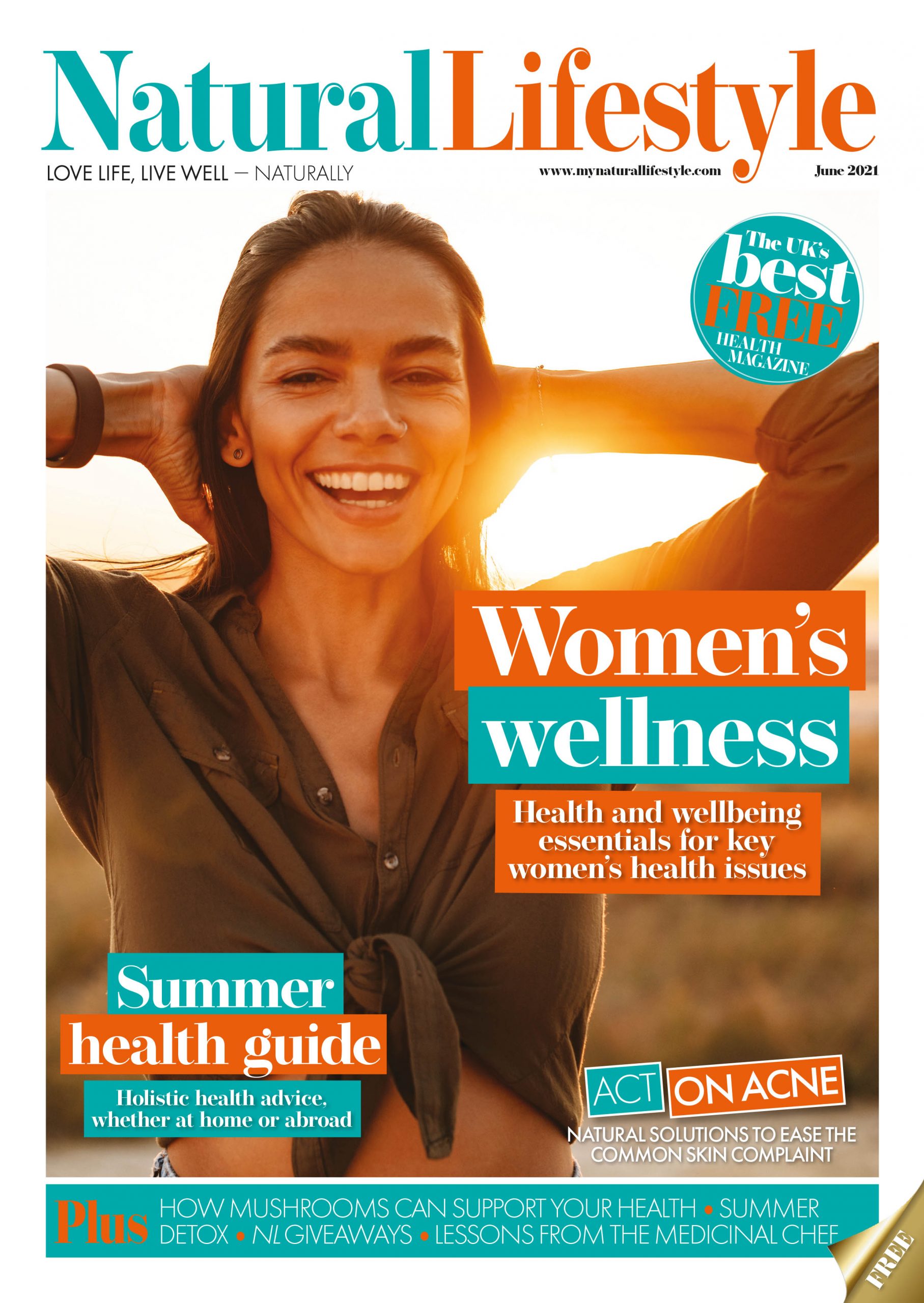A new study from three sleep organisations has revealed that the Coronavirus pandemic is having a severe impact on our shuteye.
The state of the nation’s sleep has come under scrutiny as more people admit they’re unhappy with the quality of their sleep and the effect it is having on their ability to function daily.
According to a major new survey commissioned by three of the leading bodies championing sleep, Sleepstation, The Sleep Council and The Sleep Charity, some 43 per cent are now finding it harder to fall asleep, with unease around the current situation affecting sleep for three quarters of people (75 per cent), and three quarters (75 per cent) think how they sleep affects how they feel about the Covid-19 pandemic.
More than one in 10 people (12 per cent) are experiencing severe symptoms of depression, with women much more likely to report depressive symptoms in the moderate-severe range than men. And worryingly, over three quarters (77 per cent) say lack of sleep is interfering with their ability to function in the day (daytime fatigue, concentration, mood).
It seems women are suffering more than men with anxiety around Coronavirus and are twice as likely to report feeling stressed compared to men. Women also report having more vivid dream.
And it found that the Coronavirus was affecting all aspects of sleep. Nearly four in 10 people (39 per cent) are now going to bed later but also believe that the amount of sleep they get is shorter than normal. Nearly a third (30 per cent) are also waking earlier.
Lisa Artis, Head of The Sleep Council, commented: “Sleeping well is crucial to our physical and mental health and wellbeing. With people experiencing signs of depression and reporting that lack of sleep is impacting on their mood, concentration and how tired they feel in the day, we need the Government to take action. We have been exposed to lots of Government advice around diet, exercise and how to look after our mental health during these challenging times. However, we’ve not heard anything concrete around sleep – and it has never been more important.”


